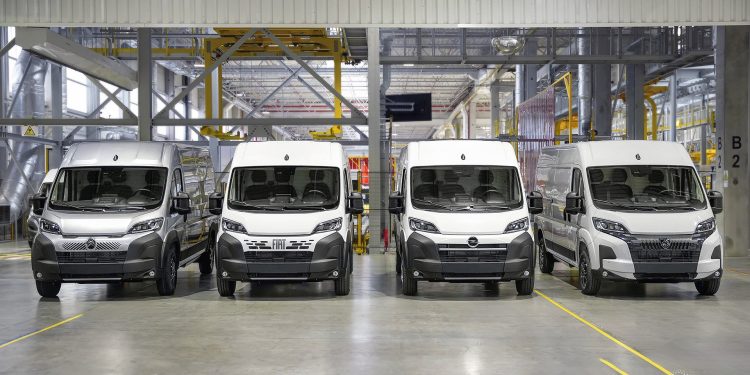Another car maker pulls the pin on hydrogen
Words NZ Autocar | Images Stellantis, Toyota, Hyundai
Stellantis, owners of brands like Peugeot, Citroen and Fiat, has ended development of hydrogen fuel-cell vehicles (above).
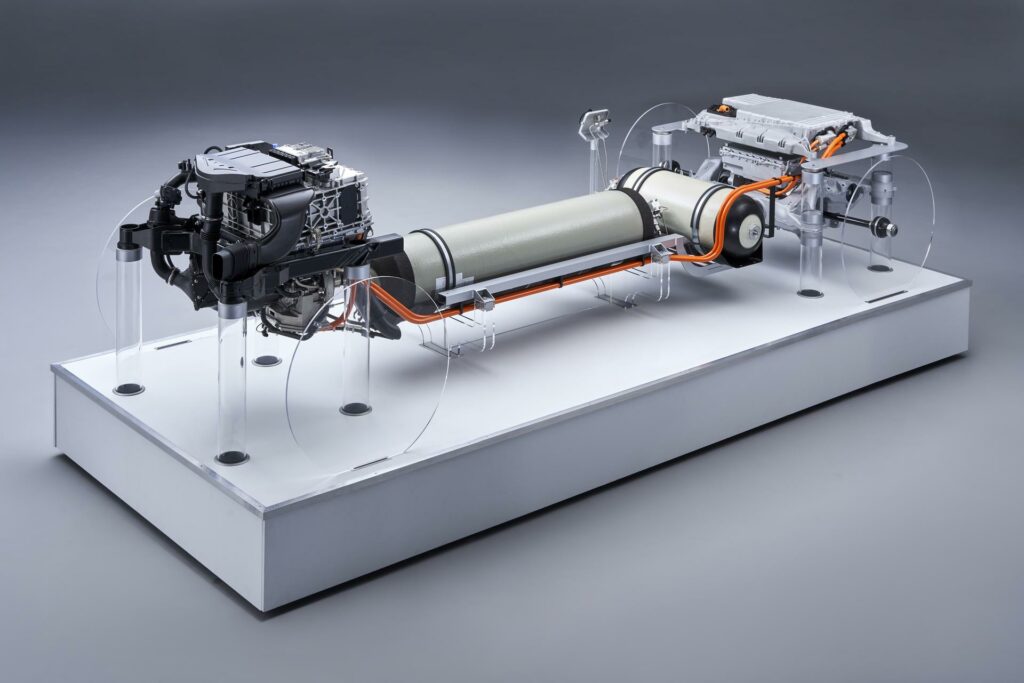
It cites poor infrastructure and high costs as the reason for cancelling development of its Hydrogen Pro-One fuel-cell vans. The firm was due to roll out the workhorses imminently but will instead refocus on electrified commerical vehicles.
It has told R&D staff working in the area to concentrate instead on projects that will pay their way.
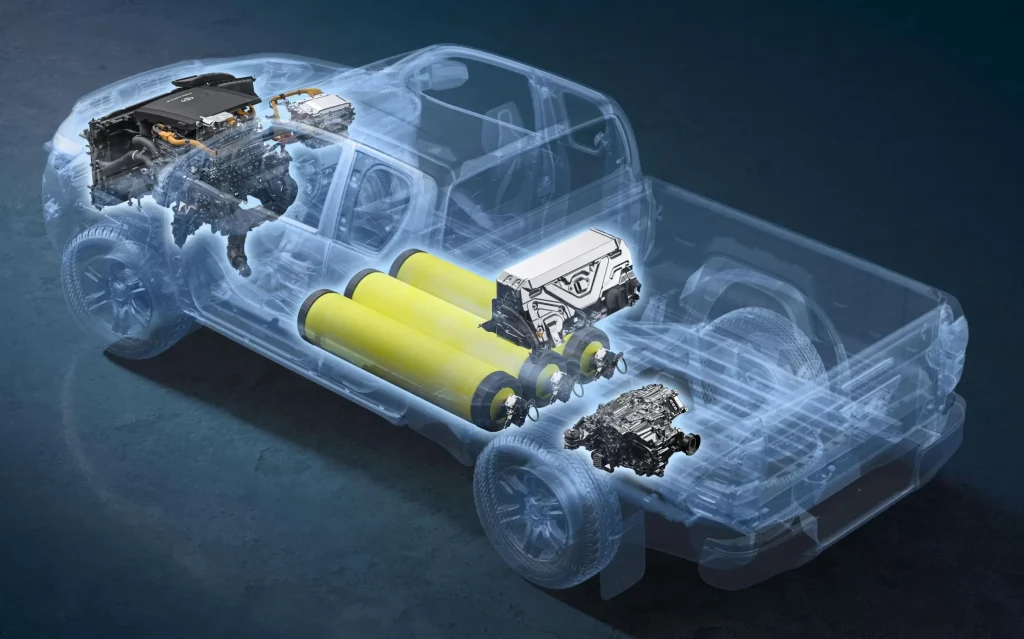
Primary issues it cites are the lack of fuelling infrastructure and the high costs of hydrogen fuel-cell vehicles. It says it envisages no prospects for economic sustainability of hydrogen products until the 2030s, at least.
The high level of investment required to develop and build the vans was also a key factor in their cancellation.
Stellantis’ COO in Europe, Jean-Philippe Imparato, said: “The hydrogen market remains a niche segment, with no prospects of mid-term economic sustainability.”
The company will instead keep working on hybrid and electric vans to meet “demanding CO2 regulations in Europe”.
Staff at the French and Polish factories that would have built the load haulers will not be laid off.
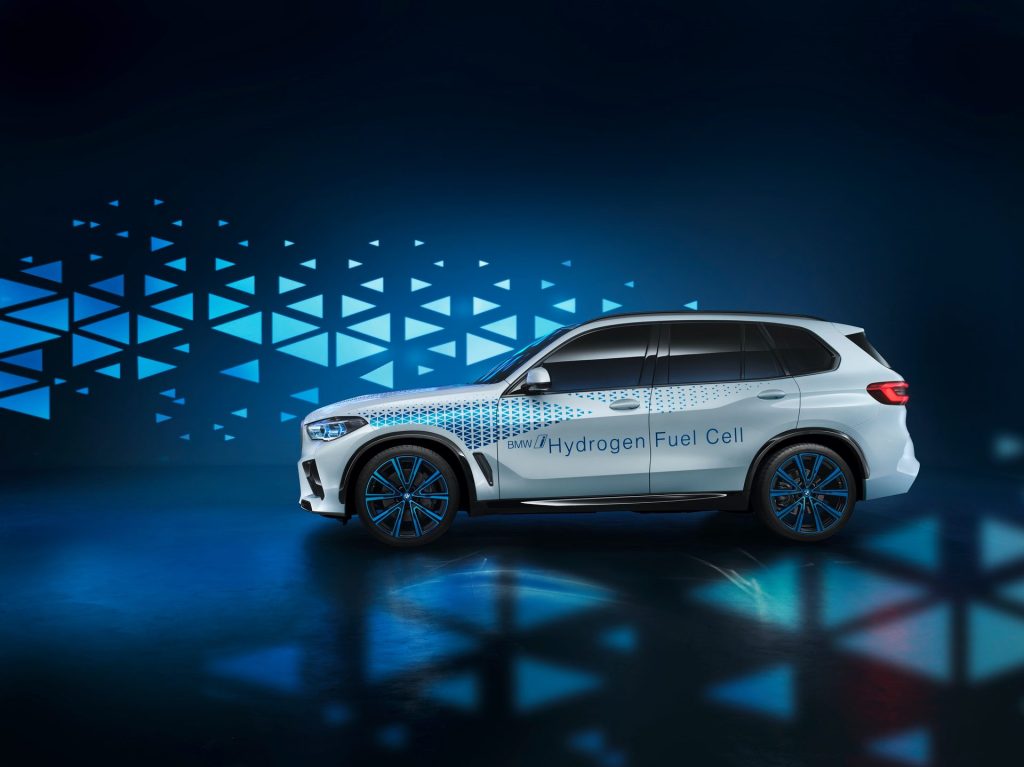
Other car makers have reconsidered their role in a hydrogen economy as well, including Hyundai and Renault. Meantime, BMW is said to be having second thoughts about its X5-based fuel-cell car due to launch in 2028.
Jürgen Guldner, head of BMW’s hydrogen vehicle project commented: “We sincerely hope that the infrastructure will develop further, because right now the UK is not in a condition where [launching] would make sense.”
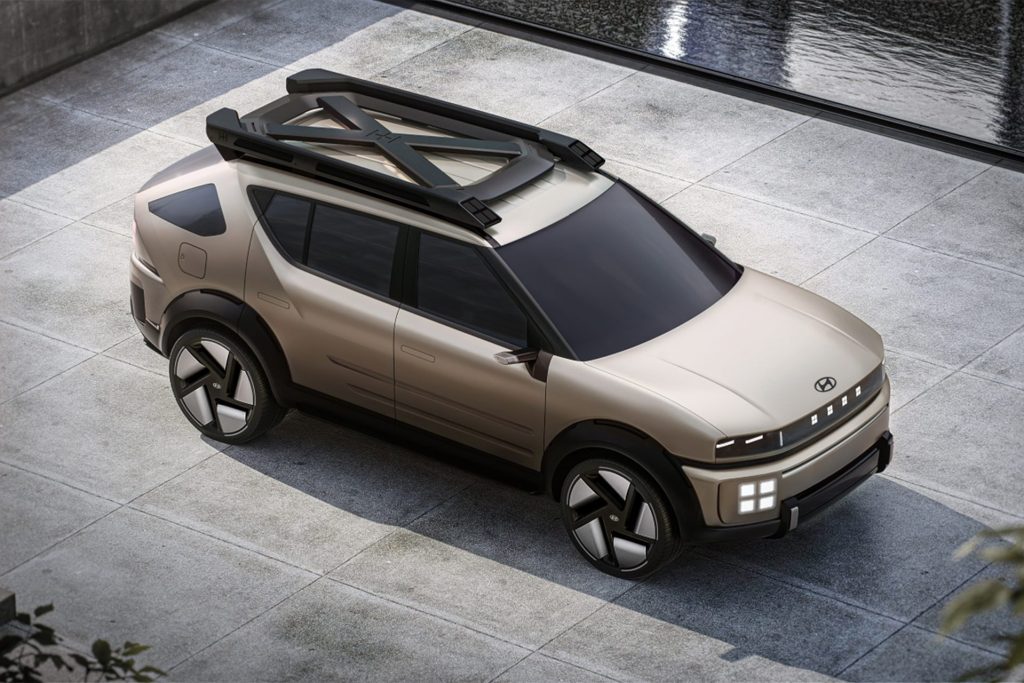
Challenges still remain in terms of producing enough liquid hydrogen of the right type to effectively reduce CO2. And then the delivery of the hydrogen via a new infrastructure will add billions in costs.
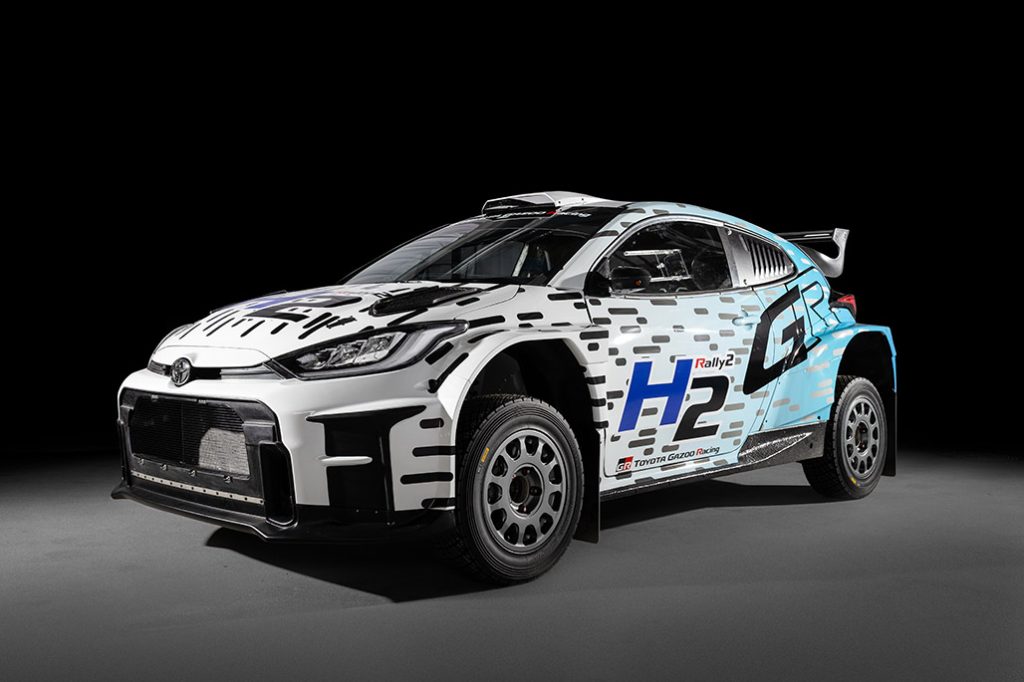
Manufacturers involved in the industry hope for a breakthrough that could see it more easily integrated into the current infrastructure. That’s something Toyota, among others, is working on. Like, for example, the GR Yaris Rally2 H2 concept that runs an ICE engine fuelled by compressed hydrogen.


